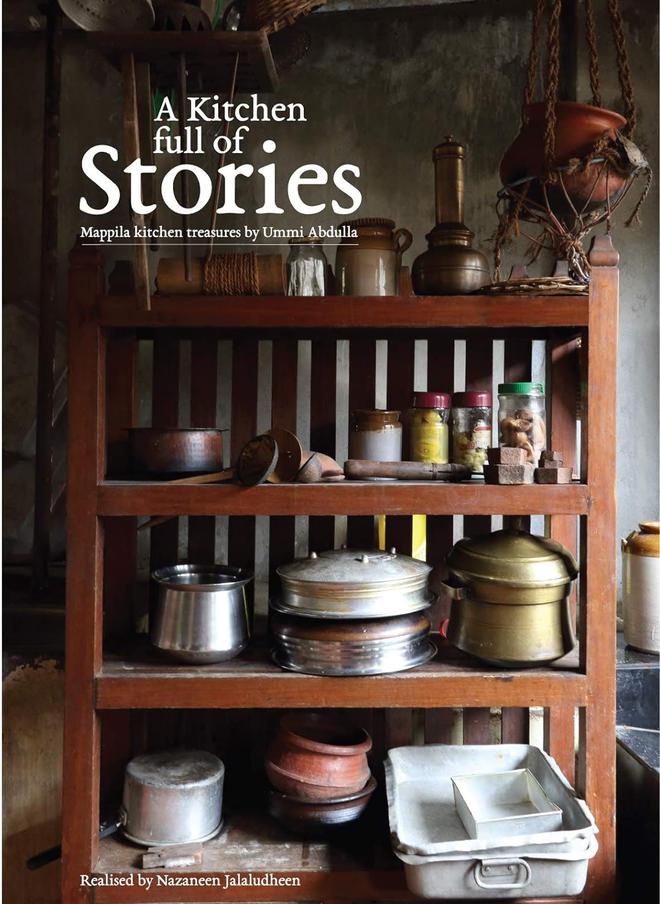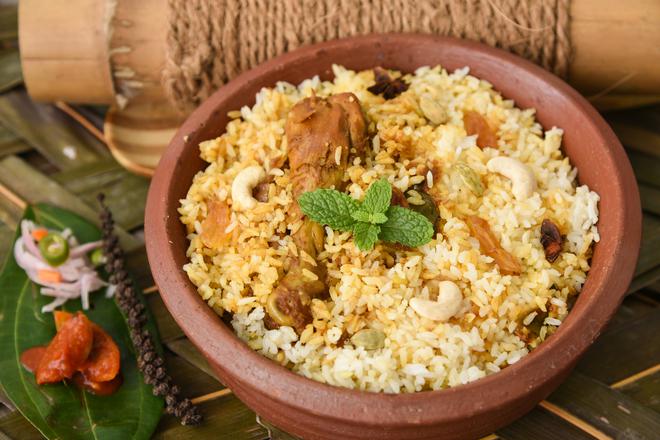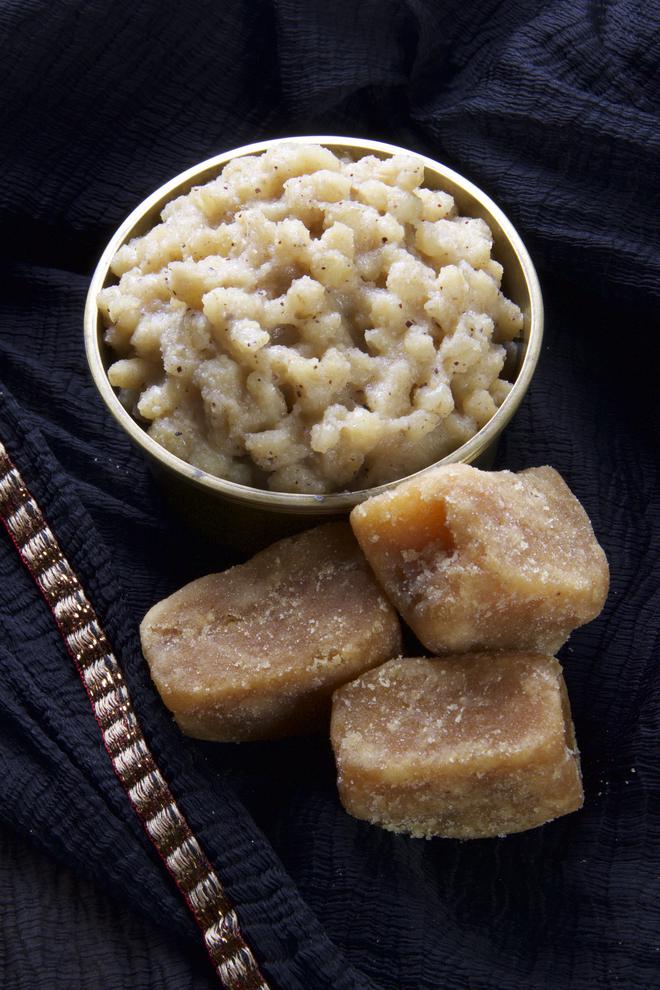Malabar Mappila food expert and cookbook author Ummi Abdulla is planning her menu for the afternoon as we speak over the phone. At her home in Kozhikode, Ummi is expecting guests for lunch and she goes for simple traditional fare. “Plain rice and kallummakayi [mussels] pulincurry with a side of mathi [sardines] prepared with dried gooseberry and pepper it is!” she says.
The pulincurry, Ummi explains, is a staple on the eve of weddings in Thikkodi, a small village near Koyilandi in Kozhikode, where she hails from. “I am not sure if the practice of serving this curry still remains; it most probably does not, but I wanted to revive the memory of its taste.”
At 89, Ummi does not cook any more, but instructs her helper. There is always a recipe on Ummi’s mind. “I try out a new recipe every week,” she says. “Even when I was recovering from surgery in hospital some years ago, I thought of a recipe for a pickle. My mother had advised me to say some prayers, but after the prayers, the recipe popped up. The recipes keep coming.”

For Ummi, who has been chronicling the dishes of Kerala’s Malabar Muslim community, known as Mappilas, for the past 40 years, cooking goes beyond its obvious scope. “It can even influence one’s personality. For me, it soothes my frayed nerves. Whenever something bothers me, I cook,” she says.
Ummi’s first cookbook, Malabar Muslim Cookery, was published in 1981 by Orient Longman, where her late husband, writer and film producer V. Abdulla, worked. Ummi credits her culinary prowess to her husband. “He was a great host; we would always have visitors over and it was he who taught me how to plan a menu according to the profile of the guest.”

By trial and error
She has authored six books till date, the most recent one being A Kitchen Full of Stories (2018), conceptualised and brought out by her granddaughter Nazaneen Jalaludheen. Ummi has also taken classes on Mappila cuisine and continues to serve as a consultant for five-star hotels in Kerala.
Much of her first book’s contents was inspired by Ummi’s maternal grandmother, from whom she imbibed the essence of cooking. “Ummamma [grandmother] couldn’t tell the exact measurements of ingredients. So I adopted a trial-and-error method. I would also talk to the women who came to help in her kitchen, each of whom was a repository of knowledge,” says Ummi, who enjoys watching cooking videos on social media.
The Malabar mappila cuisine itself cannot be seen as a single entity, it has constantly evolved creating diverse flavour narratives, says Ummi. The food she cooks and writes about is mainly from the region extending from Kannur to Mahe and Kozhikode. But even in this region, a single dish has multiple interpretations. The biryani, for instance, is an extremely nuanced dish, says Ummi.

Though both Thalassery and Kozhikode biryanis use the small-grained rice (kaima), the former is subtle, whereas the latter is heavy on masala. Ummi’s mother is from Thalassery and the biryani she prefers is from there; it is also the family favourite. But since Ummi grew up in Kozhikode, most of her food influences were shaped by the town.
The Kozhikode-special podi pathiri, for instance, is a constant on her menu. More popularly known as the ‘nice’ pathiri, for its tissue-thin texture, Ummi likes to serve her podi pathiri with the standard fried chicken or a chicken stew.
Her YouTube channel, Ummi’s Corner, is not active any more as she needs help uploading videos. But the matriarch continues to engage with fans through her Instagram handle @ummi.abdulla.
“When cooking a Malabari dish, do not substitute fennel with cumin. The flavours are different”Ummi Abdulla

RECIPE
Chakkara Choru (A sweet wheat pulao usually made during Eid)
Ingredients (serves 2)
Method
anasuya.m@thehindu.co.in







